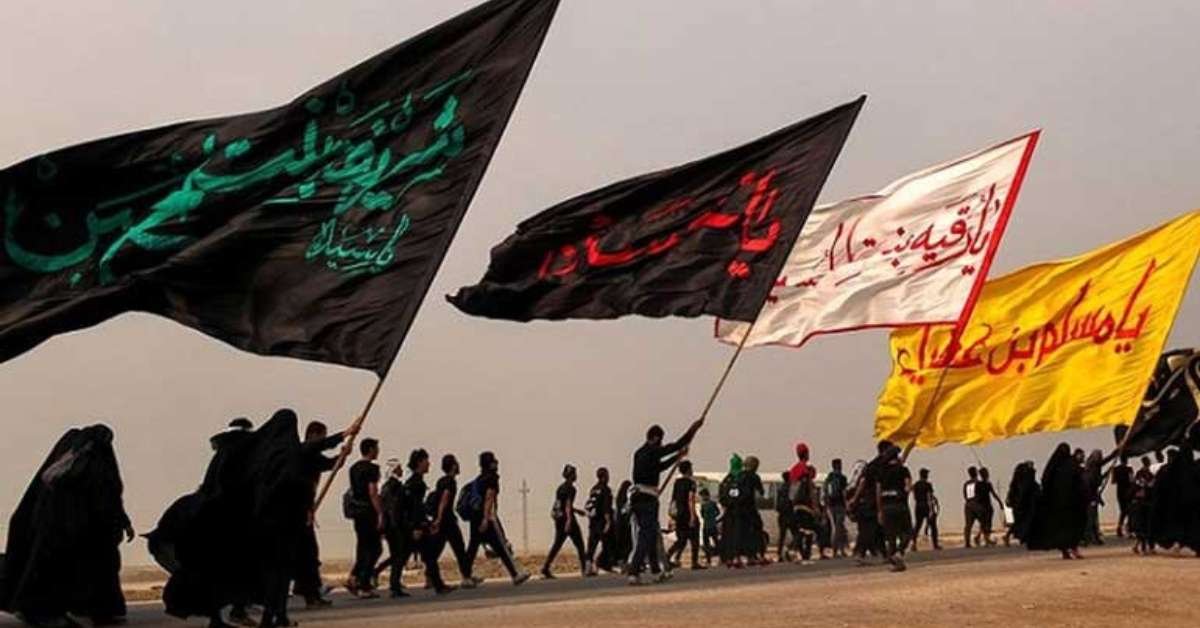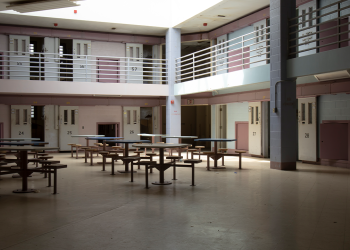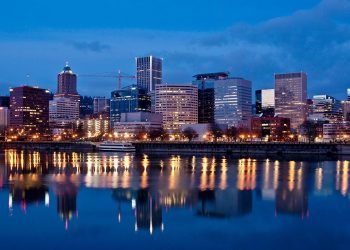Ali Raza, a resident of Sargodha, Punjab, had spent the entire year saving every last rupee to fulfill his dream of visiting the shrine of Imam Hussain during Arbaeen. Just days before his departure, he was devastated to learn that the government had banned all road travel to Iraq and Iran for pilgrims this year.
“I had packed my bags. Now they’re telling me I can’t go unless I arrange an additional 300,000 rupees for air travel,” he shared in frustration.
The Government’s Announcement
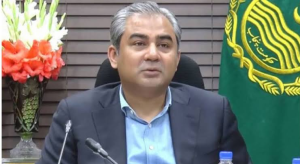
Federal Interior Minister Mohsin Naqvi announced via social media that, following consultations with security institutions, the Foreign Ministry, and the Balochistan government, the decision was made to prohibit road travel due to public safety and national security concerns.
Only air travel will be allowed for pilgrims this year. The Prime Minister has directed the authorities to increase the number of flights for this purpose.
Fallout in Quetta: Stranded Pilgrims Protest
The decision left thousands of pilgrims, including women and children, stranded in Quetta. Many had gathered there from across the country, intending to cross into Iran through the Taftan border.
Large-scale protests erupted, with demonstrators demanding road travel permissions and government-provided security. Many of the affected families are unable to afford air travel and feel neglected and betrayed.
Security vs. Control: What’s the Real Concern?
Authorities claim that security threats from militant groups in Balochistan prompted the restriction. However, some observers argue that the move is also linked to concerns over unregistered travel and overstays in Iraq and Iran.
Reportedly, nearly 40,000 Pakistani pilgrims have either stayed back or gone missing abroad during past visits. To prevent this, the government plans to allow travel only through registered group organizers starting January 2026.
Strategic and Political Concerns
Security analysts suggest the government fears that sectarian attacks by militant groups, especially in volatile regions like Balochistan, could escalate and gain religious overtones. This could damage the country’s image internationally and spiral into broader unrest.
One commentator noted that recent violence by separatist and sectarian outfits has raised alarms, and targeting of pilgrims—most of whom are from Punjab or other provinces—could further inflame tensions.
Economic Toll: Pilgrims and Travel Industry Hit Hard
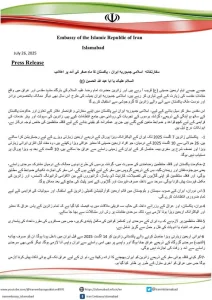
The restriction has led to widespread financial losses:
-
Many pilgrims had already received non-refundable visas worth approximately PKR 90,000.
-
Hotels in Iran and Iraq had been fully booked and paid for.
-
Over 4,000 buses were booked, with permits and deposits already submitted.
-
Travel organizers had invested heavily in arrangements, including transport, lodging, and logistics.
Travel agents say the switch to air travel adds an extra PKR 200,000–300,000 per person—an amount out of reach for many lower- and middle-income pilgrims.
Voices of Frustration
“We shared our bus schedules with the government. Security was promised, but now we’re told the road is closed,” said a travel agent from Karachi.
Another organizer lamented: “We prepared for this all year. From Sargodha to Chakwal, people are calling, heartbroken and confused.”
Some pilgrims questioned the government’s commitment: “If the state can’t secure a few hundred kilometers of road, what message are we sending to the world?”
Call for Support and Subsidies
Agents and pilgrims are now urging the government to provide subsidies for air travel, allowing pilgrims to perform their religious duties without incurring massive financial burdens.
“There’s more than money at stake. This is a spiritual journey. The psychological toll on pilgrims, especially those deeply connected to the cause of Karbala, cannot be ignored,” one agent emphasized.
An Unresolved Crisis
The sudden restriction has not only disrupted plans but also highlighted larger governance and security challenges. As frustration mounts and protests continue, many hope for a swift resolution that balances national security with citizens’ religious freedoms and economic realities.


